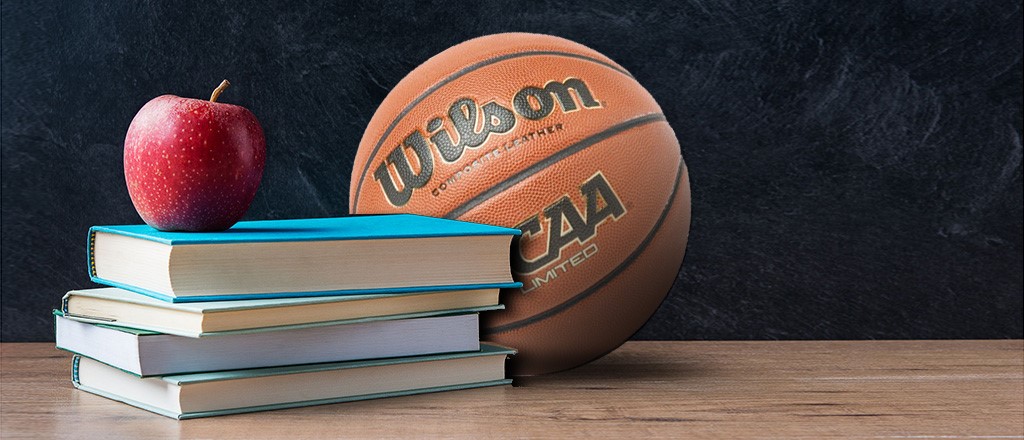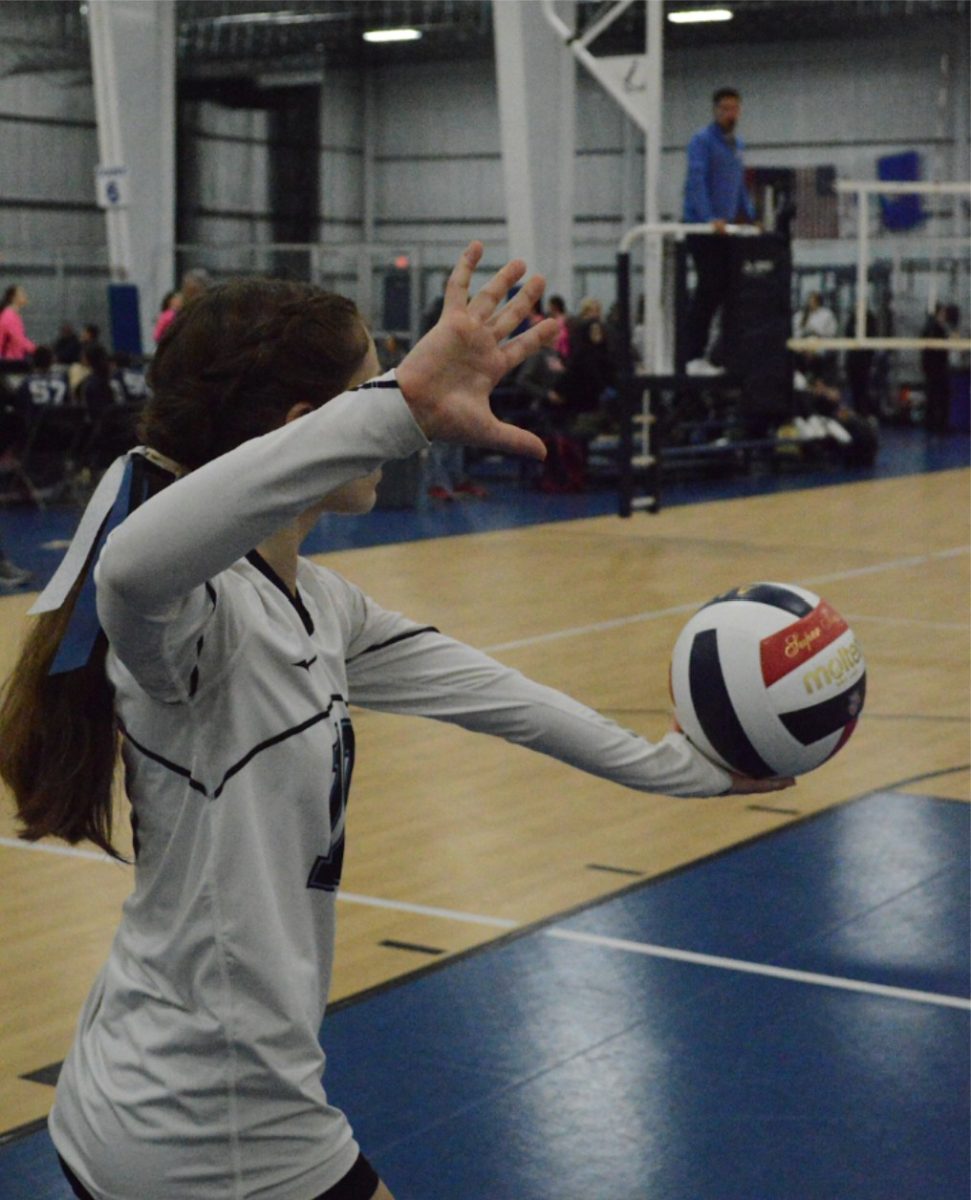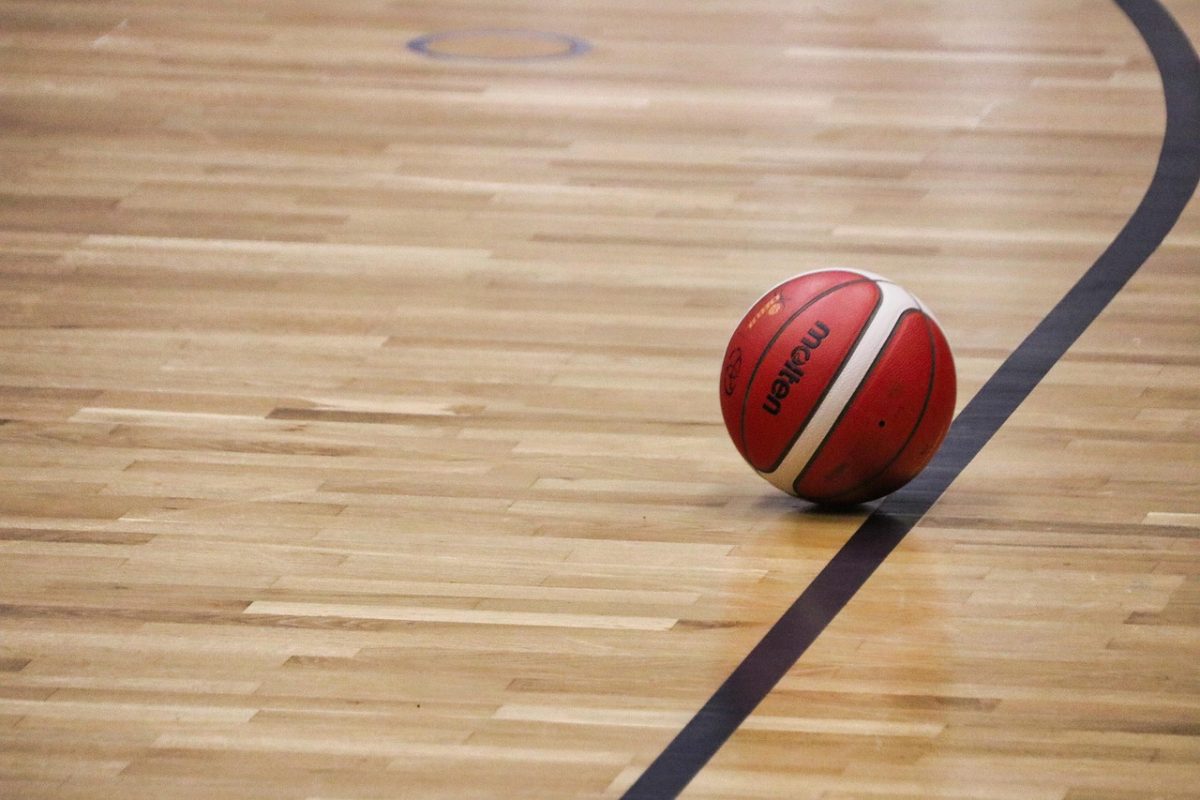Sports are crucial to a high school student’s athletic and academic path. For student-athletes, the meaning and value of sports represent much more than what the scoreboard reads at the end of each game. Sports instill essential life skills like leadership and perseverance, not just on the field or court but in the classroom and beyond.
Let’s talk about discipline. Kids who play sports have loads of schoolwork, practice, games, and, if they’re unlucky, their parents’ nagging about chores. In short? They learn how to manage time, get things done on time, and—let’s be real—function under pressure.
The habit of sport transfers into the classroom in the way student-athletes approach academics. Athletes are no strangers to practice, and homework is simply a form of exercise for your brain. Athletes view homework as a mental exercise. They tackle academic challenges with the same determination they bring to the field. Having too much free time can sometimes lead to inefficiency. Friends who aren’t involved in sports may struggle to stay productive, while athletes, accustomed to managing a packed schedule, learn to work efficiently and make the most of their limited time.
So, when your teenager starts pulling off the impossible, like juggling the complexities of being a teen, studying for exams, and going to basketball practice at 6 a.m., thank sports. Without them, they’d probably be sleeping till noon and binge-watching Netflix.
We all know those people who can’t share credit at work or refuse to admit someone else’s idea might be better. Sports teach kids to set their egos aside. You don’t win championships by hogging the ball, and the sooner students learn that the better off they’ll be in the real world. Student-athletes excel in teamwork, honing their ability to collaborate and communicate to achieve shared goals. From strategizing plays to offering support during challenging moments, they develop a deep understanding of cooperation. These skills extend beyond the field and into group settings and academic life. The ability to work well with others and communicate effectively often defines their success both in sports and education.
Do you want to learn how to bounce back from failure? There’s no better crash course in bouncing back from defeat than having to put your humiliation aside while sitting in the backseat of your parent’s car after a bad performance. Kids who play sports know how to get knocked down and come back fighting—a skill that’ll serve them well when life throws them something bigger than a botched pass.
Then there’s their concept of goal setting. Accomplishments and goals are a crucial part of playing sports, whether it’s learning how to consistently shoot threes, winning championships, or finishing the season with a positive record. Athletes learn to break down objectives into manageable steps and evaluate their progress. They learn to uncomplicate the objective and set specific and reasonable targets. Being measurable ensures that your goal can be quantified. This allows you to track progress and know when you’ve achieved it. What defines a good athlete and a great athlete is understanding that success doesn’t come overnight, and needs to be scaled over an extended period to ensure that craft has been mastered.
In sum, the benefit of sports on student-athletes varies in all aspects, they extend far beyond competition, shaping students into disciplined, and resilient individuals. These life skills learned through countless workouts, practices, and games, prepare them for the tough challenges they’ll face in their academic and professional futures. The next time you see a student-athlete, don’t just define them as a person who plays sports, but as a person who is building character.








